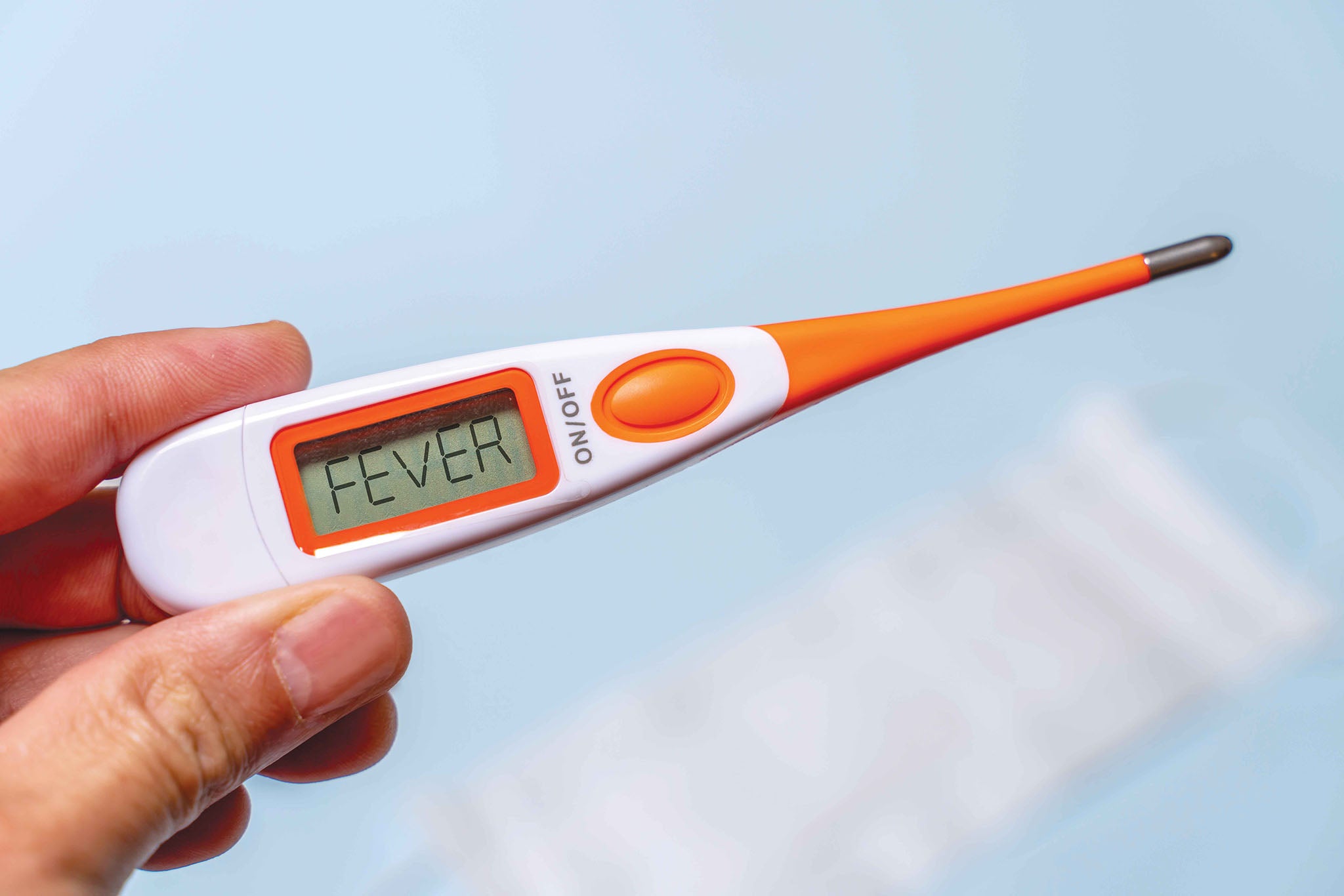Mosquitoes are notorious for their itchy bites, but can they also cause fever? In this informative blog post, we will explore the relationship between mosquito bites and fever. We will delve into the reasons behind fever following mosquito bites, common mosquito-borne diseases associated with fever, and measures to manage and prevent mosquito-borne fevers.
- Mosquito-Borne Diseases and Fever: Mosquitoes are vectors for various diseases that can lead to fever. Some common mosquito-borne diseases include:
a. Malaria: Malaria is caused by Plasmodium parasites and is transmitted through the bite of infected female Anopheles mosquitoes. Fever is a hallmark symptom of malaria, often accompanied by chills, headache, fatigue, and muscle aches.
b. Dengue Fever: Dengue fever, caused by the dengue virus, is transmitted by Aedes mosquitoes. It is characterized by high fever, severe headache, joint and muscle pain, and a skin rash. Dengue fever can occasionally progress to a severe form known as dengue hemorrhagic fever, which can be life-threatening.
c. Zika Virus: Zika virus, primarily transmitted by Aedes mosquitoes, can cause fever, rash, joint pain, and conjunctivitis. While most Zika virus infections result in mild symptoms or no symptoms at all, there have been cases of severe complications, including birth defects and neurological disorders.
d. West Nile Virus: West Nile virus is transmitted through infected mosquitoes, with most people experiencing no symptoms or mild flu-like symptoms. However, in some cases, it can lead to fever, headache, body aches, rash, and, rarely, severe neurological illnesses.
-
Immune Response and Fever: When a mosquito bites, it injects saliva into the skin to facilitate blood flow. In individuals who develop an immune response to mosquito saliva or the pathogens carried by mosquitoes, the body's defense mechanisms kick in. The immune system releases chemicals, including cytokines, which can trigger a fever response as a part of the body's natural defense against infection.
-
Other Factors Influencing Fever: It's important to note that not all mosquito bites will result in a fever. Factors such as the individual's immune response, the presence of an underlying mosquito-borne disease, and the specific strain of the virus or parasite involved can influence the likelihood and severity of fever following a mosquito bite.
-
Managing Mosquito-Borne Fevers: If you experience fever after a mosquito bite, it is essential to monitor your symptoms and seek medical attention if necessary. Here are some measures to manage mosquito-borne fevers:
a. Rest and Hydration: Get plenty of rest and drink fluids to stay hydrated, which helps support the body's immune response.
b. Medications: Over-the-counter fever reducers and pain relievers like acetaminophen (paracetamol) can help manage fever and discomfort. However, it's important to follow the appropriate dosage instructions and consult a healthcare professional if needed.
c. Medical Evaluation: If you develop a fever following a mosquito bite and suspect a mosquito-borne illness, seek medical attention for proper diagnosis, treatment, and monitoring.
- Prevention: Preventing mosquito bites is crucial in reducing the risk of mosquito-borne fevers. Implement the following preventive measures:
a. Use Mosquito Repellents: Apply mosquito repellents containing recommended ingredients like DEET, picaridin, or oil of lemon eucalyptus to exposed skin and clothing.
b. Wear Protective Clothing: When in mosquito-prone areas, wear long sleeves, pants, and socks to minimize exposed skin.
c. Eliminate Breeding Sites: Remove standing water from around your home and maintain a regular spraying schedule to eliminate mosquito breeding grounds.
d. Install Window and Door Screens: Use screens on windows and doors to prevent mosquitoes from entering indoor spaces.
e. Stay Informed: Stay updated on mosquito-borne disease outbreaks in your area and follow guidelines provided by health authorities.
Mosquito bites can sometimes lead to fever, especially when they transmit diseases such as malaria, dengue fever, Zika virus, or West Nile virus. Understanding the connection between mosquito bites and fever is crucial for recognizing and addressing potential mosquito-borne illnesses. By practicing effective mosquito bite prevention, monitoring symptoms, and seeking medical attention when needed, we can minimize the risk and impact of mosquito-borne fevers on our health and well-being.










